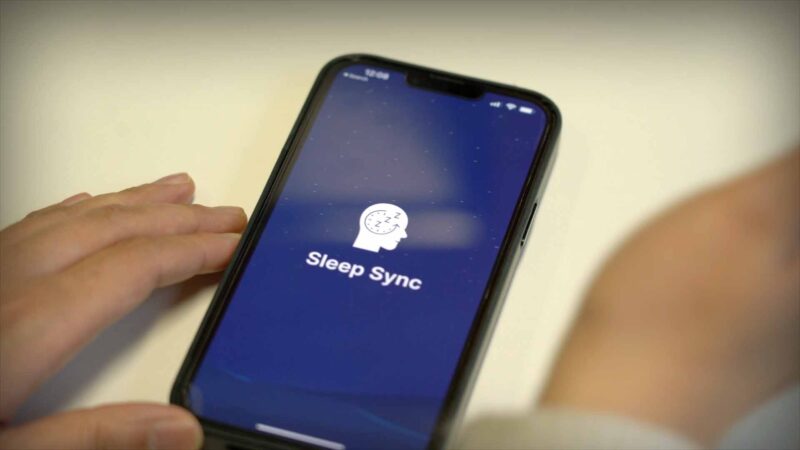3 YEARS IN, PROGRAM BUILDS ON CAPABILITY AND CONNECTIVITY FOR EARLY CAREER RESEARCHERS IN ENT MEDICAL DEVICES Beyond Science gives in theatre opportunities, networking with stakeholders and support from mentors
With
Professor Payal Mukherjee, Adult and Paediatric ENT Surgeon
Otologist, Cochlear Implant and Skull Base Surgeon &
Clinical Professor, Macquarie University &
TGA Advisory Committee for Medical Devices &
Clinical Associate Professor, University of Sydney &
Surgical Innovation Lead, RPA Institute of Academic Surgery &
Head of Department ENT, Sydney Adventist Hospital &
Co-Founder & Co-Director, Beyond Science
Distinguished Professor Gordon Wallace AO,
Director, Intelligent Polymer Research Institute,
University of Wollongong &
Co-Founder & Co-Director, Beyond Science
AUSTRALIAN HEALTH JOURNAL SEGMENT
Filmed in Sydney & Wollongong | August 2025
Surgeon-scientists and surgeon-innovators have an important role in the entire medical technology translational cycle; not only from discovery to commercialisation, but in ensuring that health technologies are implemented in value-based manner.
This includes defining safety and regulatory standards, balancing patient outcomes against health care costs, and working with policy makers to ensure that funding is both sustainable and promotes equitable access to technology.
Despite a rich history of biomedical innovation in Australia, there are limited training opportunities for surgeons to develop these skills. Within NSW, there are no formal surgeon-scientist training pathways in Otolaryngology, Head and Neck Surgery.
In 2022, Distinguished Professor Gordon Wallace AO and Professor Mukherjee jointly established Beyond Science as a clinician led, academically supported and clinician run Australian-first medical technology translation program.
The program is aimed at early career researchers and clinician-scientists working in medical device research specifically in otolaryngology (ear, nose, and throat), head and neck surgery.
Its core mission is to build capability and foster connections between researchers and key stakeholders such as industry, government, universities, and health systems.
This is through helping researchers understand health system priorities and translation pathways from research to real-world impact. Uniquely, this includes opportunity to enter surgical environments for observation and tissue collection.
Australian Health Journal spoke to its founders about how it supports academic mentorship and creates networking opportunities to help early career stage medical device researchers connect with clinicians, policymakers, industry leaders, and funding bodies.
Beyond Science is funded by Passe & Williams Foundation & the Sydney Local Health District
Source: Adapted from Beyond Science, RACS and University of Wollongong websites
You Might also like
-
Stroke care advances in translated research
New nurse-led protocols for stroke patients, based on ACU research, led by the Nursing Research Institute, have resulted in changes to policy, guidelines and clinical practice in Europe and Australia. The protocols were developed through the Quality in Acute Stroke Care (QASC) Trial (published in the Lancet, 2011) to manage fever, hyperglycaemia and swallowing (FeSS) post-stroke.
-
New Generative AI and machine learning frontier on unused patient care data
Drawing from GE’s 125-year legacy in healthcare, Amit Yadav, CEO GE HealthCare ANZ is leading efforts to integrate AI into medical imaging devices and optimise workflow efficiencies. He stresses the importance of leveraging the vast amount of untapped healthcare data, with an emphasis on automating manual processes to enhance productivity. Additionally, his focus extends to utilising AI for workflow optimisation and ensuring compliance with local regulations and standards to prioritise safety.
-
App helps Chronic Sleep Deprivation
Earlier this year, Turner Institute for Brain and Mental Health researchers developed SleepSync, the world’s first app that personalises sleep-wake cycles for shift workers to improve their sleep and overall mood.
The research, led by Dr Jade Murray, was published in the journal, Digital Health. Australian Health Journal met with Dr Murray to hear how the application has evolved and been used in personalisation of sleep habits for health care shift workforce.



